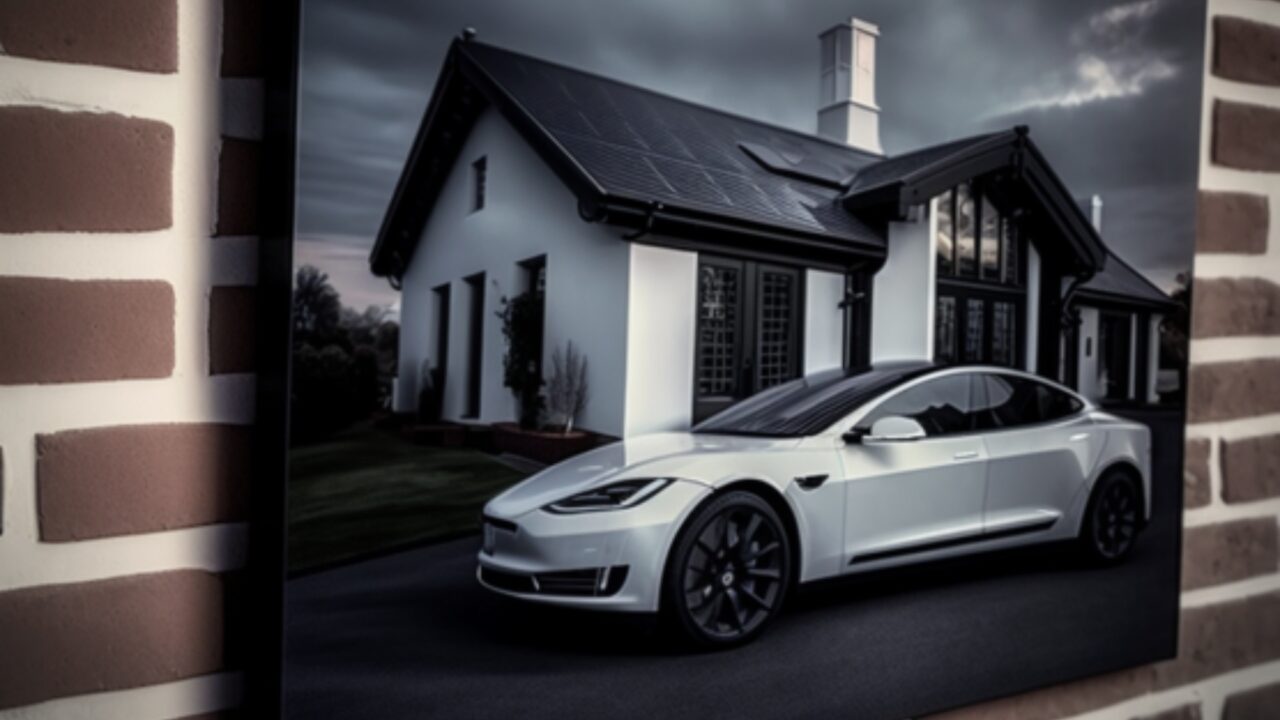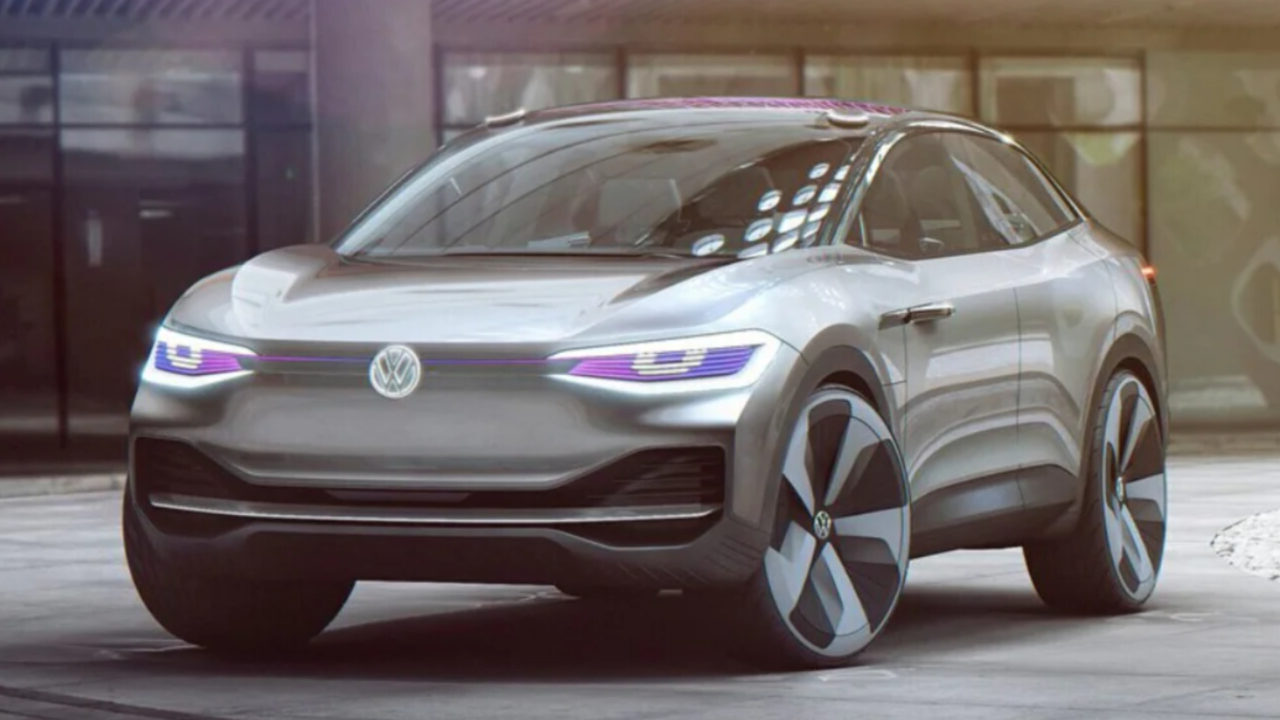Global
Swedish scientists have created new components that enable electric ferries and city buses to be charged wirelessly using inductive power transfer technology. Copper wires as thin as human hair and a new type of silicon carbide semiconductor make transmitting higher power through the air a reality, allowing for the use of higher voltages, temperatures and switching frequencies. The breakthrough is said to make charging electric vehicles via inductive charging almost as efficient as regular charging, and a charging system could be built into wharves to charge ferries at stops, enabling charging to take place 30-40 times a day.
Tesla
Tesla is so far ahead of other automakers in technology and efficiency and is on track to produce 20 million vehicles a year, but has recently fallen behind BYD in total worldwide sales. Both companies are expanding with Tesla already expanding its manufacturing operations into Mexico and BYD making big inroads into the European market through Germany. The automotive industry is undergoing a rapid transformation, with the emergence of a new breed of companies leading the way in the development and production of electric vehicles.

Tesla, the electric vehicle giant, has been at the forefront with other notable players including BYD, a Chinese firm that is topping the EV space. Companies such as Panasonic and LG Chem are investing heavily in battery technology. This shift has put established automakers, in a difficult position as they struggle to keep competitive across these differing markets.
BMW
The future of the industry lies in the hands of those who are willing to invest in new technology, adapt to the changing market, and be open to new ideas. With this in mind, BMW is predicting that one in three of its new sales will be all-electric by 2026. This echoes the sentiments of car makers across the board who are optimistic about the growth of their battery-electric vehicles. This would see a rise from last years 1-in-11, but BMW aims to have over 50% of their new sales be all-electric by 2027.
VW
Similarly, Volkswagen wants to get an affordable electric vehicle at around £22,000 to market by 2025 as a new ID.2all. This will be a small, affordable EV concept that is a “genuine people’s car”.

UK
As for the UK, and its position in the global marketplace, it’s a dog-eat-dog world for the auto industry, with other nations going all-in to back their own trajectories. Fortunately, the UK has the capability to craft virtually every component for an electric vehicle right in our own factories. But, and this is a big but, we must urgently and economically boost our production capacity to cement our place in the long-term future. Without some hefty government investment, the Society of Motor Manufacturers and Traders (SMMT) is warning that we risk losing out on green growth, jobs, and prosperity in the global market. Enter SMMT’s Green Automotive Transformation strategy – a blueprint that will make the UK one of the top spots worldwide for advanced auto manufacturing. Other countries are throwing their weight behind their auto sectors, putting themselves at the front of the queue for investment. Let’s not get left in their dust.
UK
The streets of London are now dominated by electric black cabs, with the LEVC range-extended TX taxi surpassing the diesel-powered TX4 to make up over 40% of the total black cab fleet. Fuel costs have dropped from 23p to just 8.31p per mile and these cabs have now travelled over 534 million miles globally. With a battery range of 78 miles and a 1.5-litre petrol engine that acts as an onboard generator, they also have both Chademo and Type 2/CCS charging ports.
And the great news is that LEVC has also recently launched their first non-taxi model, the VN5, a medium-sized electric van with a view to becoming a leading zero-carbon mobility technology company.
